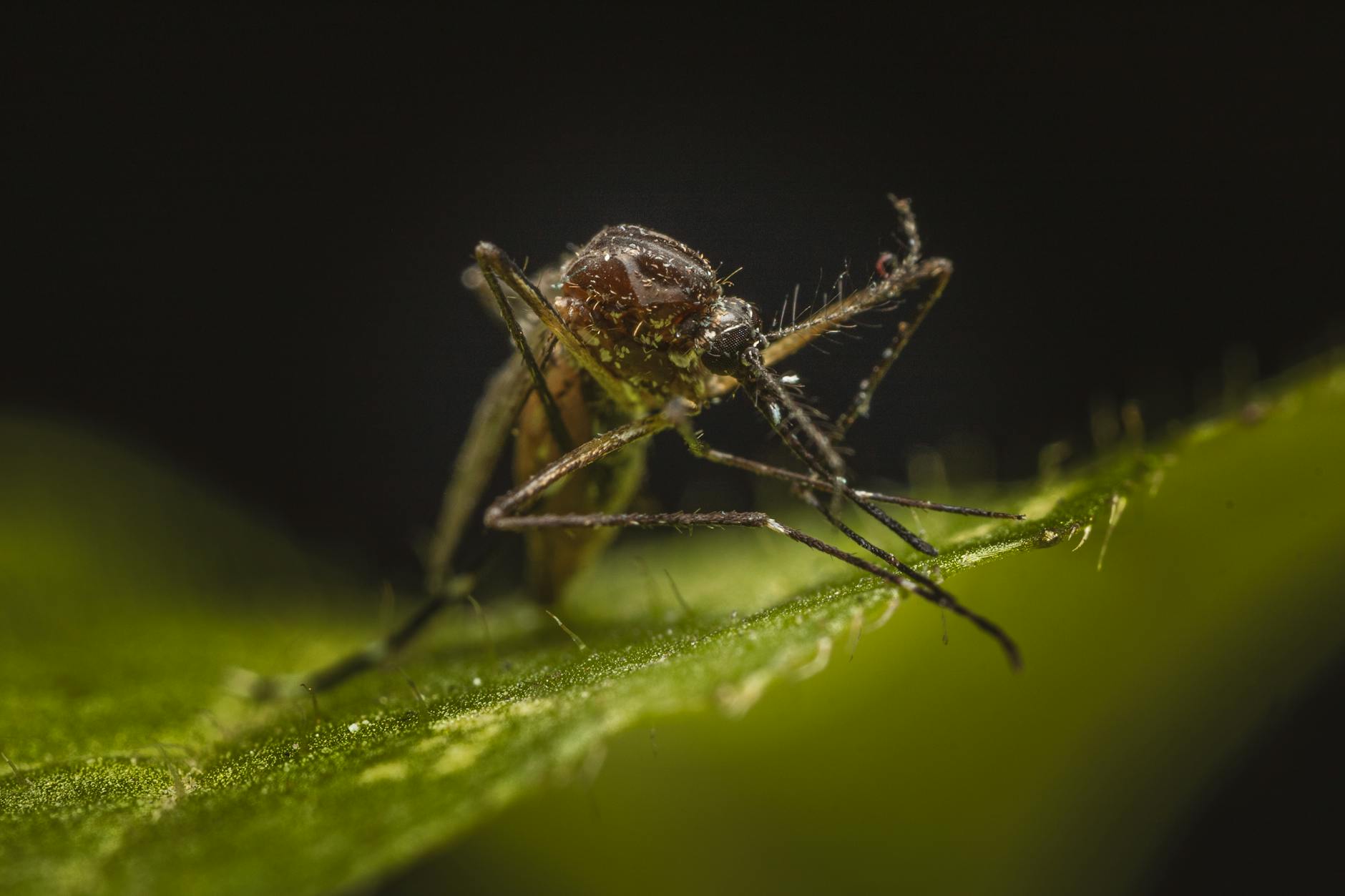Malaria is a common and potentially serious disease in Uganda, caused by parasites called Plasmodium, which are transmitted through the bite of infected female Anopheles mosquitoes.
If you think you may have malaria or are unsure about your symptoms, you can get personalised advice and treatment from licensed doctors through Hope Plus for faster recovery and peace of mind.
Causes of Malaria
Malaria is caused by five types of Plasmodium parasites:
- P. falciparum – the most common and dangerous in Uganda
- P. vivax
- P. ovale
- P. malariae
- P. knowlesi
The disease spreads when a mosquito carrying the parasite bites a person.
Symptoms of Malaria
Malaria can vary from mild to severe, and sometimes people may have no symptoms at all. Common signs include:
- Fever that may come in three stages:
- Cold stage: feeling cold with shivering
- Hot stage: high body temperature and feeling hot
- Sweating stage: sweating and relief of symptoms
- Headache, fatigue, chills, nausea, vomiting, and muscle aches
- In severe cases: confusion, jaundice, difficulty breathing, or seizures
People who are frequently exposed to malaria may develop partial immunity, which can make symptoms milder or atypical.
How Malaria Is Diagnosed
- Rapid diagnostic tests (RDT) for malaria
- Blood smear examination under a microscope
- Clinical assessment based on symptoms
Treatment for Malaria
- Uncomplicated malaria: Antimalarial tablets such as Artemisinin-based combination therapy (ACT)
- Severe malaria: Hospital care with intravenous antimalarials, fluids, and monitoring
- Supportive care: hydration, paracetamol for fever, and rest
Prompt treatment is essential to prevent complications like organ failure or severe anaemia.
Prevention of Malaria
- Use insecticide-treated mosquito nets
- Indoor residual spraying in homes
- Eliminate mosquito breeding sites (stagnant water)
- Wear protective clothing and use repellents


